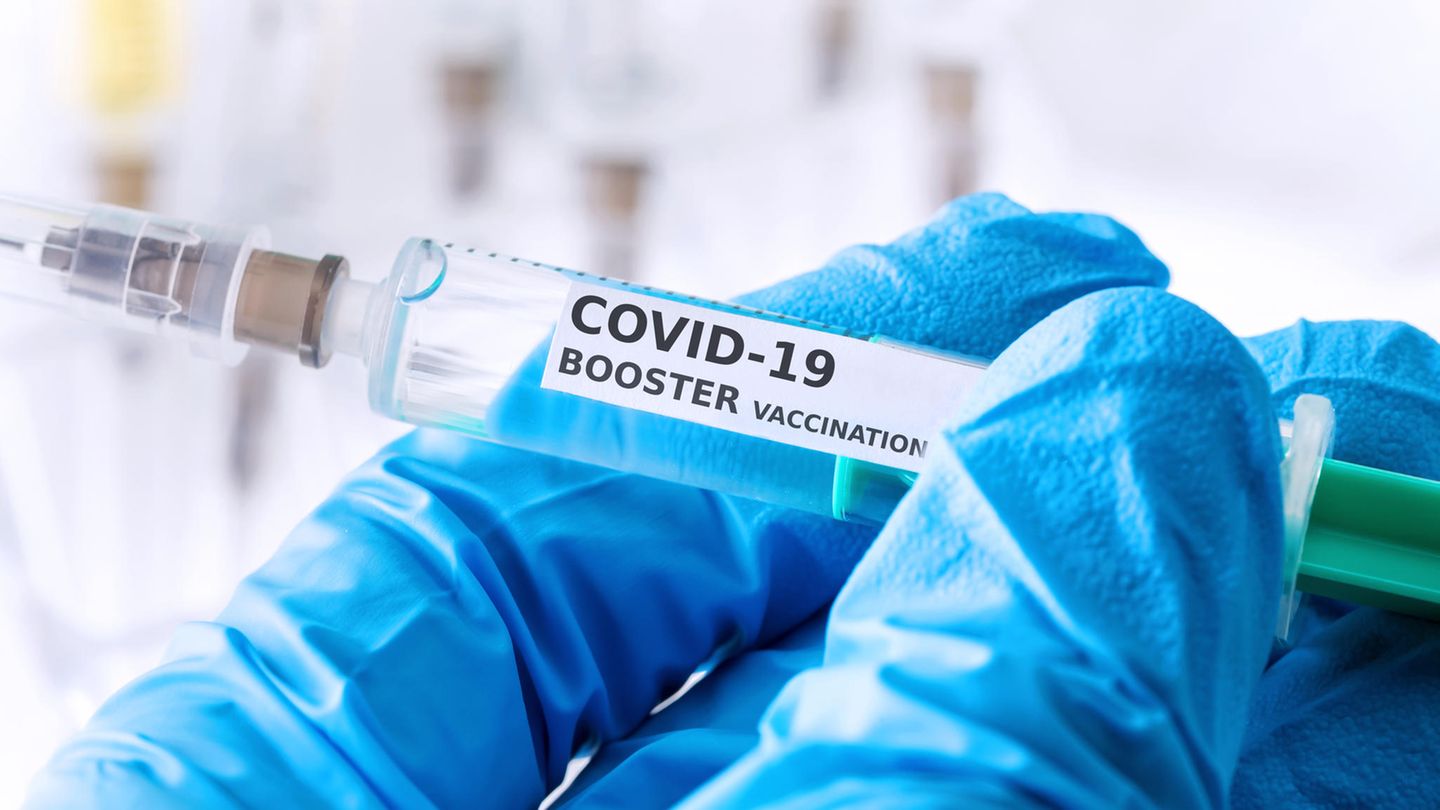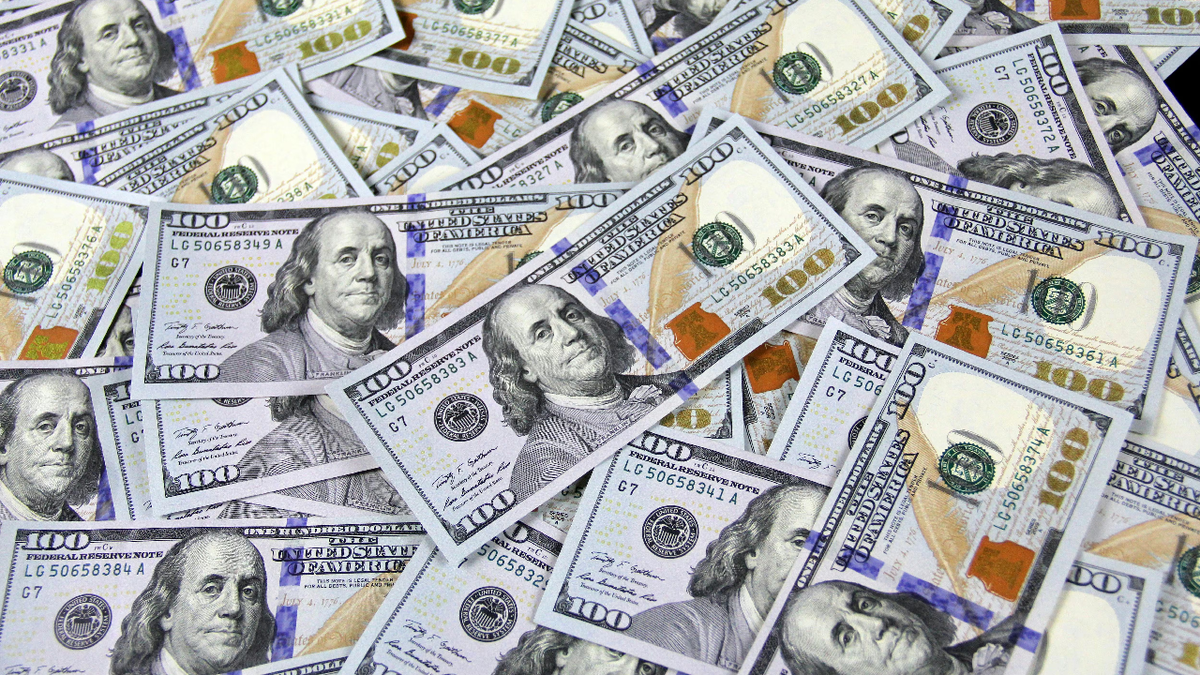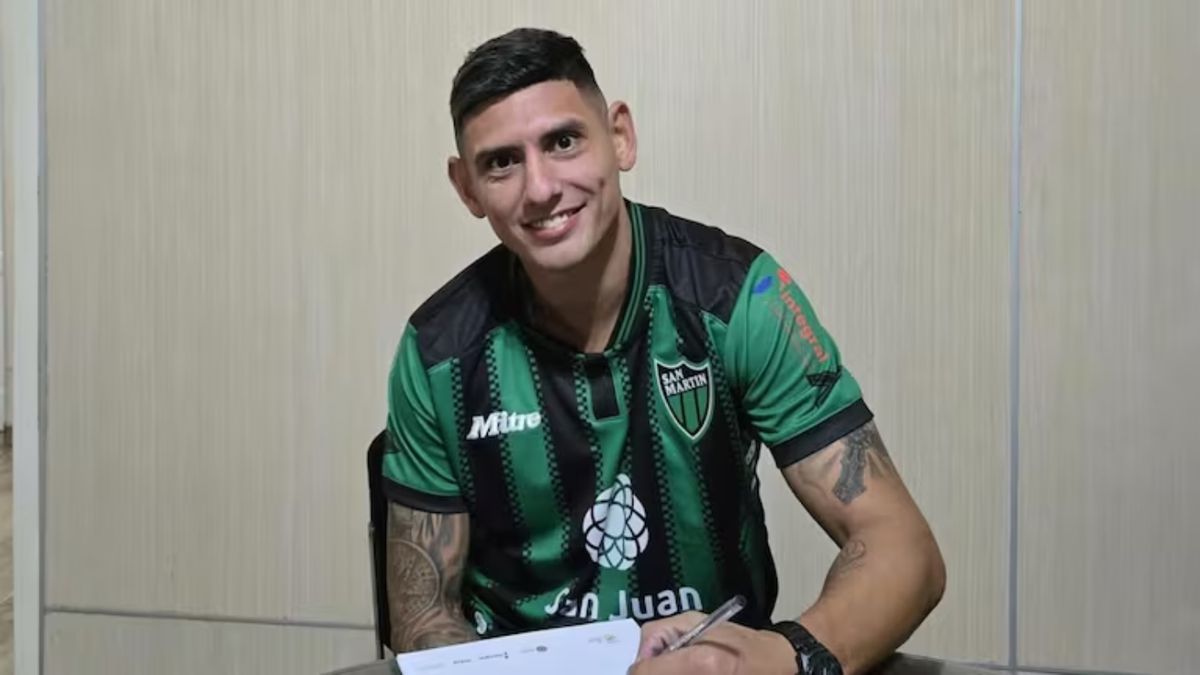If you want to avoid the annoying corona tests in the future, you should get a boost. But when does the booster status apply? And what applies to those who have recovered or who have been vaccinated with Johnson & Johnson? An overview.
Starting next week, the 2G-Plus regulation is to be expanded nationwide. Anyone who has not yet received a booster vaccination must be tested, for example in order to be allowed to take a seat in the catering trade. But when is it actually considered boosted? What is the status of those who have recovered from a corona infection? And what are the rules for the first vaccination with the Johnson & Johnson vaccine? The most important booster rules at a glance:
When is it considered to be boosted?
According to studies, it takes the body around seven to twelve days to build up full immune protection. Nevertheless, the booster vaccination is valid from day 1. The reason for this is an EU regulation. The digital vaccination certificates valid across Europe do not provide for any waiting times. Anyone who can now be boosted can now do without tests at 2G-Plus events in culture, gastronomy or indoor sports.
Which regulations apply to those who have recovered?
The people who have been double-vaccinated and have recovered from Covid infection are also considered boosted. A third prick is therefore not necessary for the time being. Important here: proof of recovery is valid like the booster vaccination for six months and must be entered in the Corona apps.
Unvaccinated convalescents receive their first vaccination three months after surviving the infection at the earliest. From dose number two onwards, the vaccination is considered to be a booster for them.
First vaccination with Johnson & Johnson – is a second dose considered a booster?
No. For those who have been vaccinated for the first time with the Janssen vaccine from Johnson & Johnson, a second vaccination is considered “optimization of basic immunity”. It is therefore not a booster. The Ministry of Health recommends a second vaccination four weeks after the first dose. Another three months later, a third vaccination should be given. Only this is then considered a booster.
The reason for this regulation is that the protection decreases faster after the single vaccination from Johnson & Johnson than with the vaccines from Moderna, Biontech or Astrazeneca, which were administered in two doses. The Ministry of Health also emphasizes that most vaccine breakthroughs can be seen in people who have been vaccinated with the Janssen vaccine.
Do special regulations apply to those who have just been vaccinated for the first time?
No. Even those who recently received their first vaccination against the coronavirus are not exempt from the 2G-Plus regulation. You need the second dose and, for the time being, a negative corona test in order to be allowed to enter 2G-Plus establishments.
Sources: , ,
Source From: Stern




